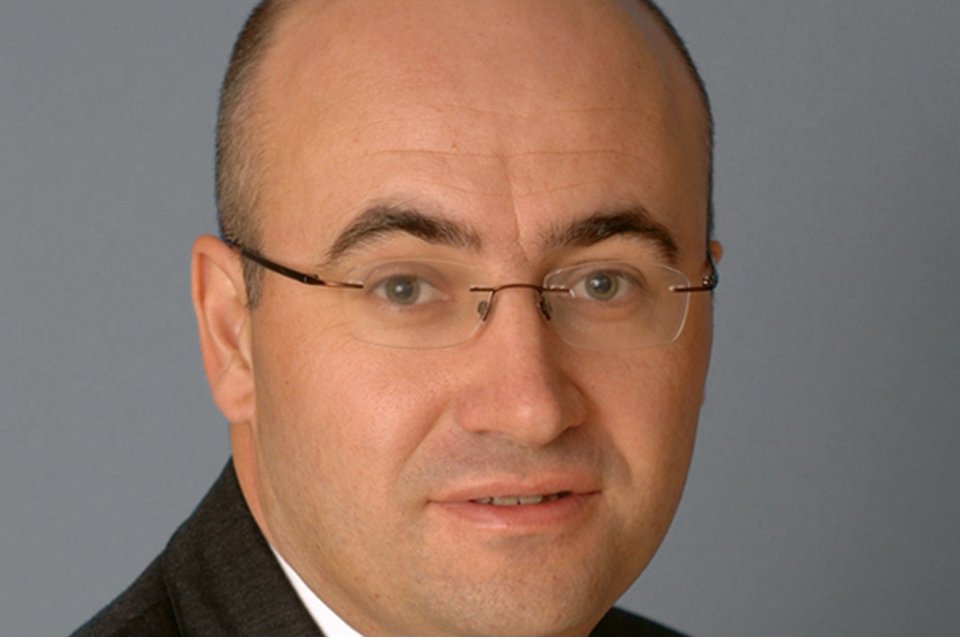Jon Rouse talks about the Care Bill
It is now 2 months since I joined the Department of Health as Director General for Social Care, Local Government and Care Partnerships.

Thank you to all those who have given me such a warm welcome. I especially want to recognise the endeavours of my predecessors, David Behan and Shaun Gallagher, on whose excellent work I will build.
I would like to use this article to give an insight into my initial reflections on how the department of health can best serve the needs of the social care sector. I’m committed to working with interested parties to deliver the government’s priorities for better care and support.
The publication of the Care Bill heralds wide ranging changes in the way care is given to those who need it most. It will be the most comprehensive reform of social care legislation in 60 years. However, much work lies ahead, with 20-30 distinct pieces of secondary legislation to be developed and consulted upon over the next 18 months.
The reform of care in this country will not happen instantly - together all of us in the social care sector must be committed to the process of reform if we are truly to make a difference. The rest of this special bulletin covers many different aspects of the Bill, but I want to reflect on five crucial themes:
- Personalisation
- Integration
- Prevention
- Compassion
- Peace of mind
Personalisation
One of the key principles driving the Care Bill is the delivery of greater personalisation of services.
The Care Bill will require all eligible people to have a personal budget by April 2015, which will be part of their care plan. The challenge for all of us will be to make this not just about reaching targets, but about giving genuine control to people to commission their own services, either by themselves or with other service users.
Integration
Integrated care and support should mean person-centred coordinated and continuous care and support, tailored to the needs and preferences of the individual, their carer and family. It means moving away from episodic care to taking a whole person view of health, care and support needs.
It requires a whole system approach that includes primary care, community health, social care, the acute sector and wider partners such as the voluntary sector and housing providers.
Integration cannot be delivered from Whitehall. We need locally defined systems and solutions so that the vulnerable in each community receive tailored care, rather than off-the-shelf care.
Prevention
One of the key principles behind the Care and Support White Paper is that we should do everything we can as individuals, communities and Government to prevent, postpone and minimise people’s need for formal care and support.
The Care Bill includes a clause requiring local authorities to take steps to prevent, delay and reduce needs for care and support. To be successful and sustainable, an integrated health and care system needs an effective bank of preventative services at the heart of it.
Compassion
We are all learning the lessons from the Francis Report and Winterbourne View. But real change will only come about if we effect a transformation in the quality of services.
This is as much about culture as it is about the law.
The reforms we have set out will not be sufficient to effect change. It is your leadership which will deliver that transformation across the country.
Peace of mind
Greater personal security is at the heart of the reforms. It is reflected in the commitment to define eligibility at a national level, in new guarantees to ensure continuity of care when someone moves home, and in improved access to information and advice.
It is also at the heart of the funding reform proposals, in giving confidence to people that there are limits to the financial contribution that they have to make to their care costs.
We look forward now to the Parliamentary process, as the Bill is debated and further improved. At the same time we will start preparing for implementation. We are under no illusions as to the scale of the task that lies ahead.
I’m hoping to blog regularly about this.
With all this in mind, ministers, colleagues in the department and myself are as committed as ever to working with you to give people the care services they need and deserve.